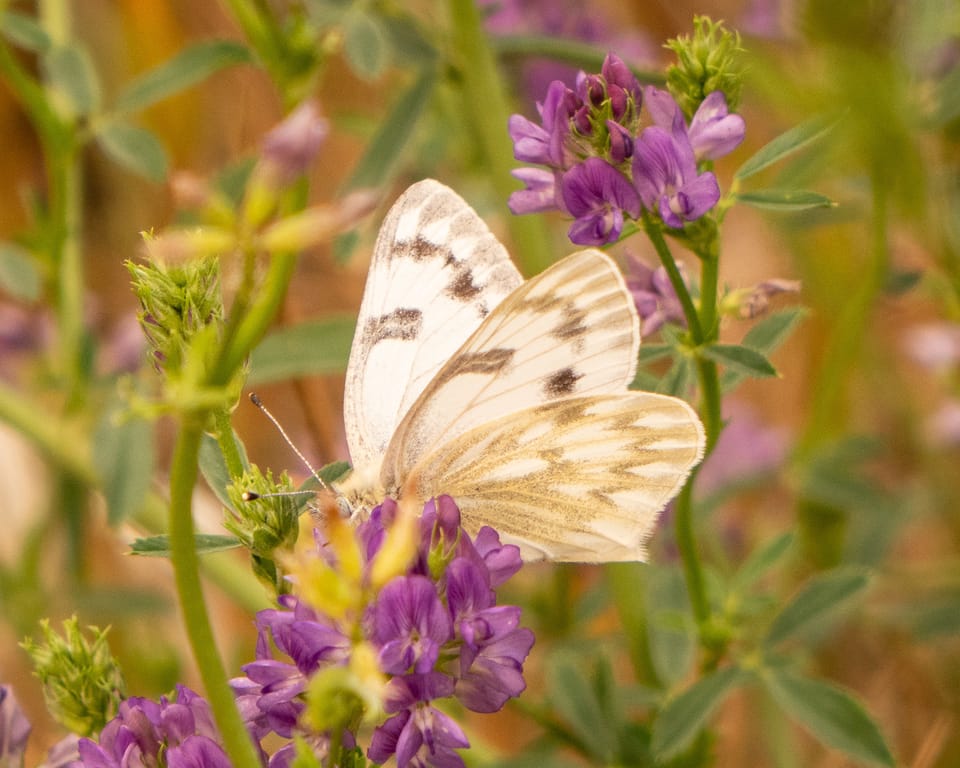EcoWest News, March 8, 2022

Welcome to EcoWest News, a weekly round-up of news and resources that you can put to use in addressing environmental issues and protecting the wild in your community.
Across the West
Alberta’s oil and gas sector is better positioned than other parts of the Canadian economy to meet or exceed Canada’s emissions reduction target. [Pembina Institute]
“Canada is significantly understating emissions associated with industrial logging” which represent the “equivalent to Canada failing to report all the emissions from oil sands operations in our country”. [Nature Canada]
John Roney wants British Columbians to be proud of their coastal sea life. Watch a 2-minute video he filmed off the coast of Vancouver Island. [CBC British Columbia & video]
The Saskatchewan Prairie Conservation Action Plan is hosting a week-long series of webinars for Prairie’s Got the Goods Week, March 7-11. Topics include the role of prairie wetlands in flood prevention, prairie bees, and integrating strips of prairie in row crop fields. [SK PCAP]
Around the World
The US Wild and Scenic Rivers Act protects rivers from development (e.g. dams & mines). Proposals currently before Congress “would add 7,000 miles to the national tally and an additional 5 million acres of protections of riverside land”. [The Revelator]
“Cloud seeding, if it’s done at all, is most effective when practiced continually, seeding in wet years and dry years alike to try to keep reservoirs full and soil moist.” It’s an additional tool, along with water conservation, but it won’t end drought across an entire region. [Yale Environment 360]
Community Science Projects
The David Suzuki Foundation is inviting everyone who lives in BC to report on the butterflies they spot in their community. 47 butterfly species were identified in Vancouver last year, but there are at least 184 species in BC as a whole, the greatest diversity in all of Canada. 10 out of 19 endangered insects in BC are butterflies. Don’t live in BC? Start your own community project! [David Suzuki Foundation]
On May 14, celebrate the return of migratory birds by hosting a World Migratory Bird Day event focusing on light pollution. Listen to the birds on a guided night walk, participate in the Globe at Night citizen science project, or organize a lights-out program in your community. [Nature Canada]
The Regional District of Central Kootenay has approved funding for environmental projects involving bats, bears, beavers, and toads. [The Star]
Community Energy
There were 52 renewable energy co-operatives operating in Canada in 2021. Most focus on wind energy, but there is growing interest in biofuels in BC and Quebec. Greater co-operation between co-operatives could lower costs, share knowledge, build networks, and foster innovation. [Canadian Centre for the Study of Co-operatives]
Interest is growing in microgrids so communities can generate their own power, be free of utilities’ fossil fuel power plants, and increase electricity reliability. [Union of Concerned Scientists]
On the Bookshelf
A fully updated version of Bats of British Columbia by Cori Lausen, David Nagorsen, and Mark Brigham includes colour photographs, new material on acoustic identification, and in-depth information on the 18 species found in BC.
Sustainability Matters: Prospects for a Just Transition in Calgary, Canada’s Petro-City by Noel Keough with Geoff Ghitter is a story of Calgary’s setbacks and successes on a path toward sustainability (free PDF).
Conserving the Legacy: Wildlife Conservation in Saskatchewan 1905-2005 by Wayne Pepper traces changes in wildlife populations, demonstrating how approaches to wildlife conservation have evolved in the face of settlement, development, and ecological change.
Nature’s Wonders
What do fish sound like? A database of fish sounds will help track fish, learn if they’re stressed, and assess the impact of man-made noises. [CBC British Columbia]
A newly discovered species of frog that looks like it’s made of melted chocolate has been found in the Amazon peatlands. [Mongabay]
Photo credit: https://www.flickr.com/photos/apmckinlay/44082310061/
EcoFriendly West informs and encourages initiatives that support Western Canada’s natural environment. Like us on Facebook, follow us on Twitter, or subscribe by email.

Member discussion